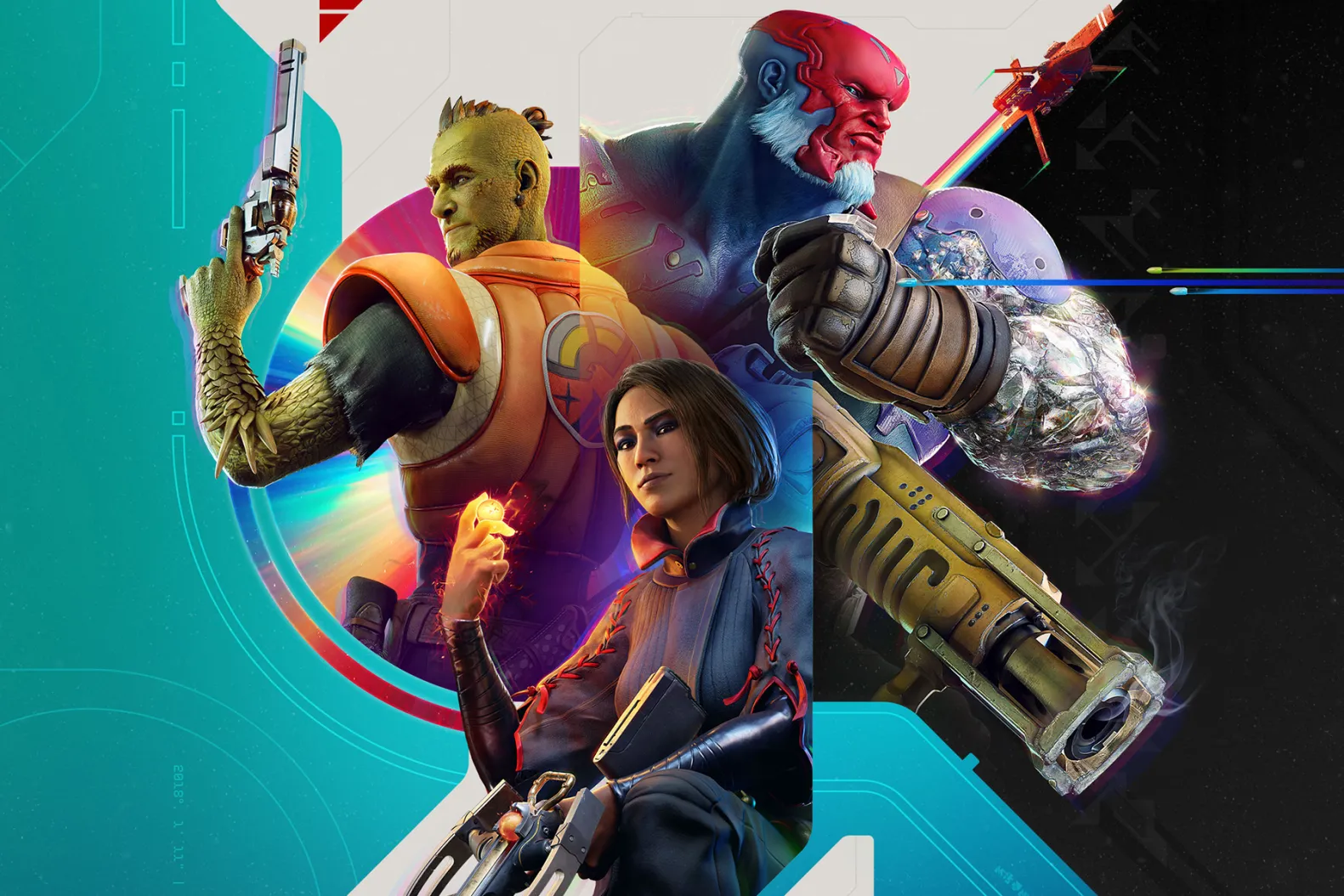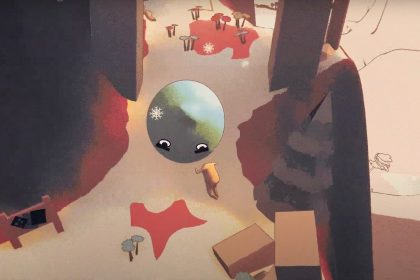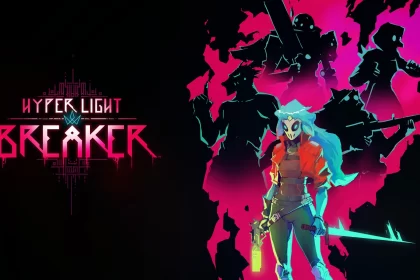Concord, a hero shooter FPS from PlayStation, has been officially taken offline just two weeks after its launch. The game faced poor sales and lukewarm reception, prompting PlayStation to halt sales, issue refunds, and pull the game entirely. This rapid cancellation marks one of the most disastrous launches of 2024, and stands out as one of the worst performances for an online game in recent memory, especially considering the significant time spent in development—eight years in total.
The abrupt downfall of Concord is being compared to other infamous game failures, such as EA and BioWare’s Anthem, which saw post-launch support and seasonal updates before being ultimately abandoned.
Similarly, Evolve from Turtle Rock had a rough launch but survived a months-long comeback strategy, only to have its future content canceled and servers shut down. Though Evolve briefly saw a revival in 2022, it was permanently taken offline by 2023. However, Concord’s sudden shutdown within weeks of release seems to overshadow even these past examples.

What makes Concord’s collapse particularly noteworthy is the involvement of a major publisher like PlayStation, making it rare for such a high-profile game to be taken down so soon after its release. Unlike other games that attempted post-launch fixes or extended content plans, Concord was simply removed from existence, leaving questions about PlayStation’s future plans for the IP. The only certainty is its awkward inclusion in Amazon’s upcoming anthology TV series Secret Level.
During the final days before the servers were shut down, Concord players rushed to unlock the game’s Platinum trophy, with some even resorting to throwing themselves off maps in an attempt to complete the achievement as quickly as possible. For those who failed to earn the trophy in time, they are now out of luck, as the game is no longer accessible and no further opportunities for completion will be available.
Concord’s swift and decisive closure leaves a mark on the gaming industry, not just as a financial failure but as a significant cautionary tale for future online game launches. The game’s short lifespan and the speed of its removal raise important questions about game development, publisher decision-making, and the impact of poor reception on new titles in an increasingly competitive market.







